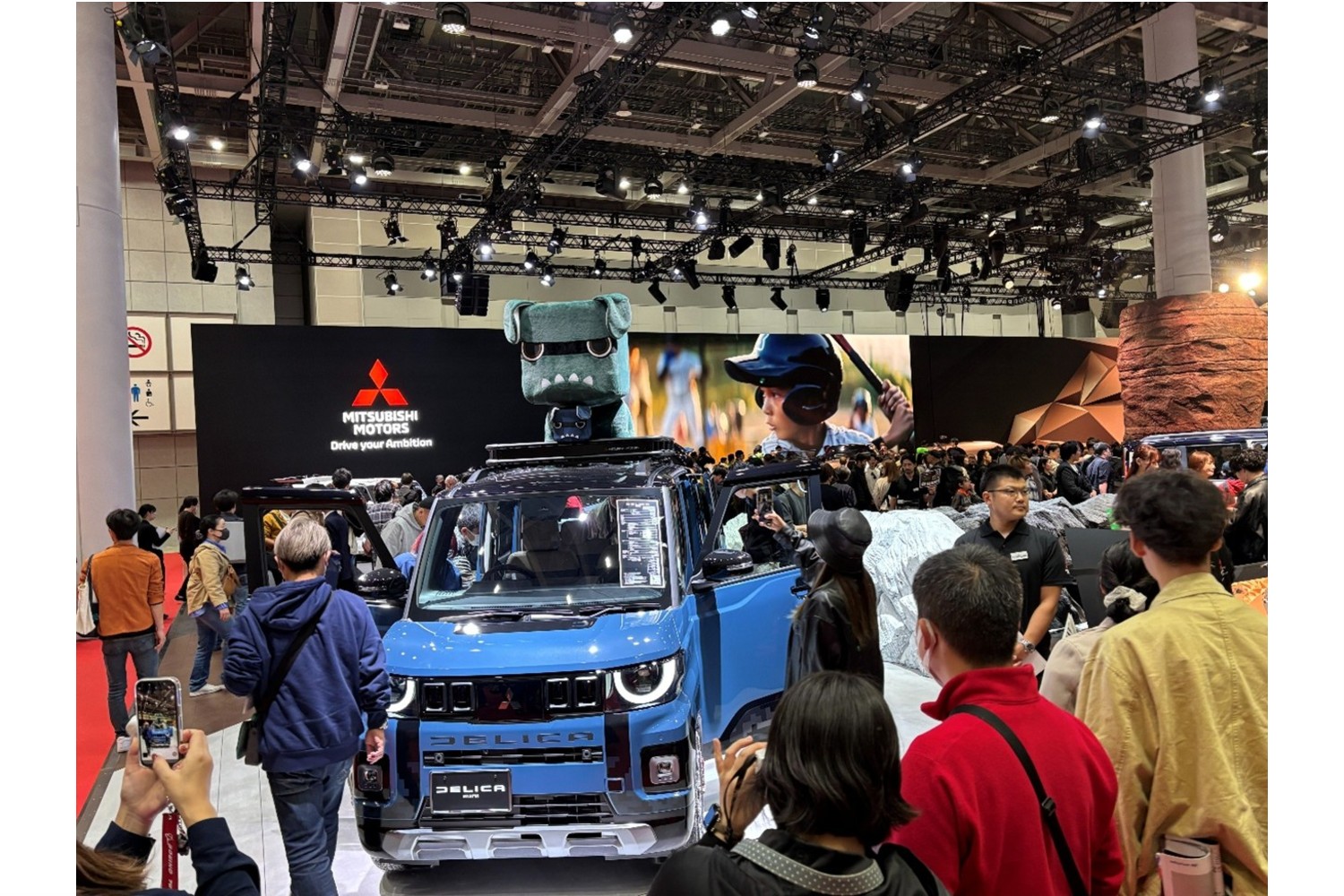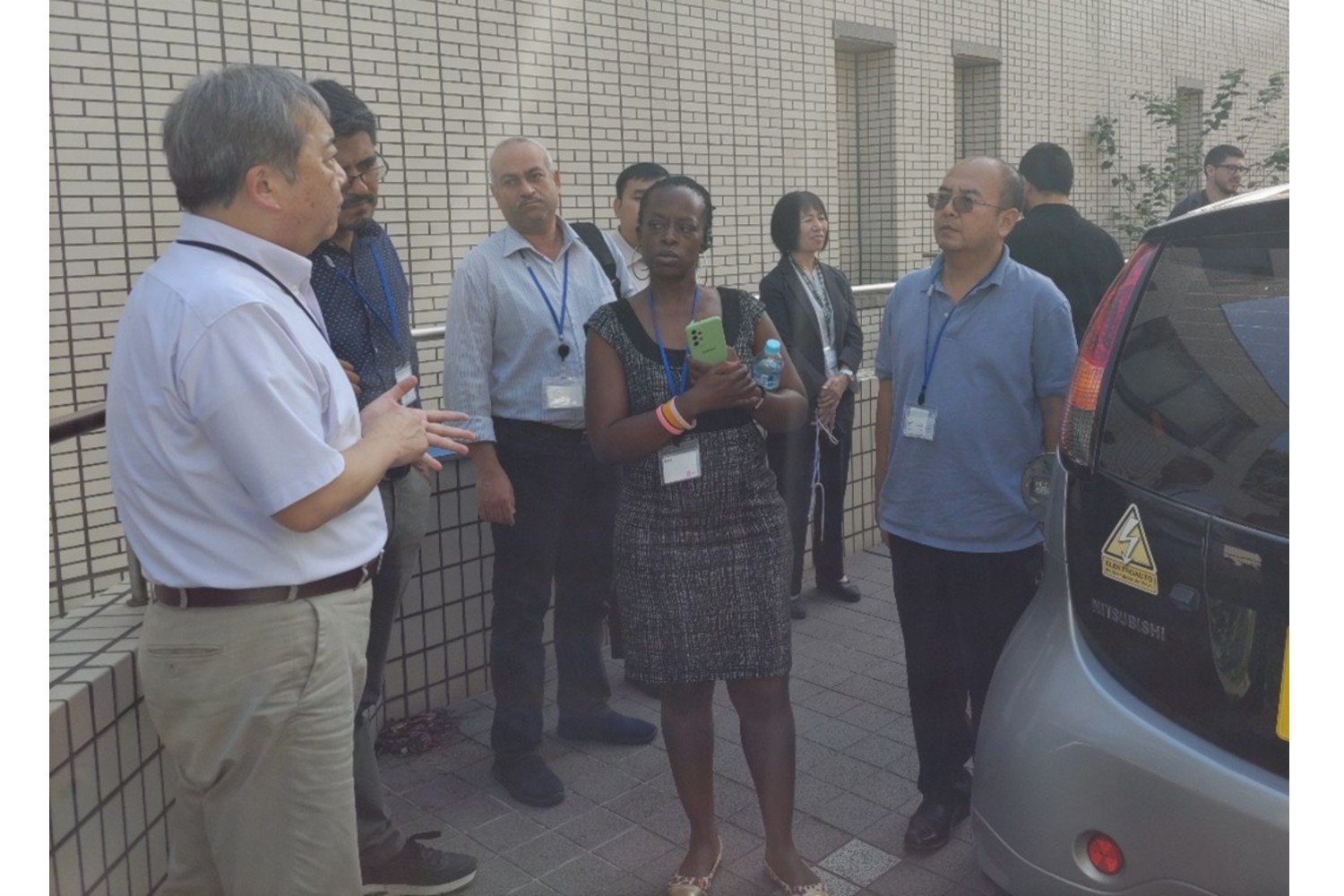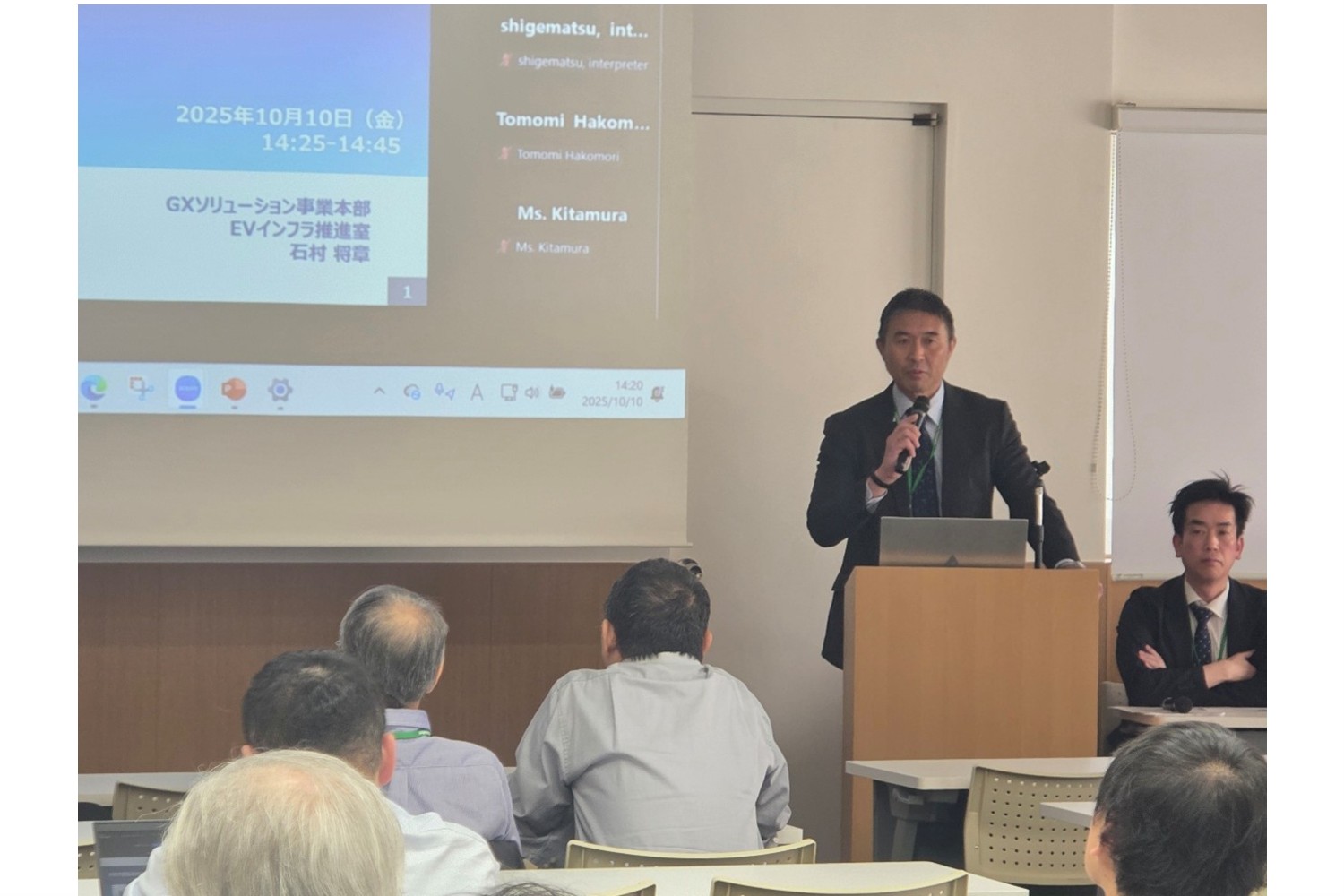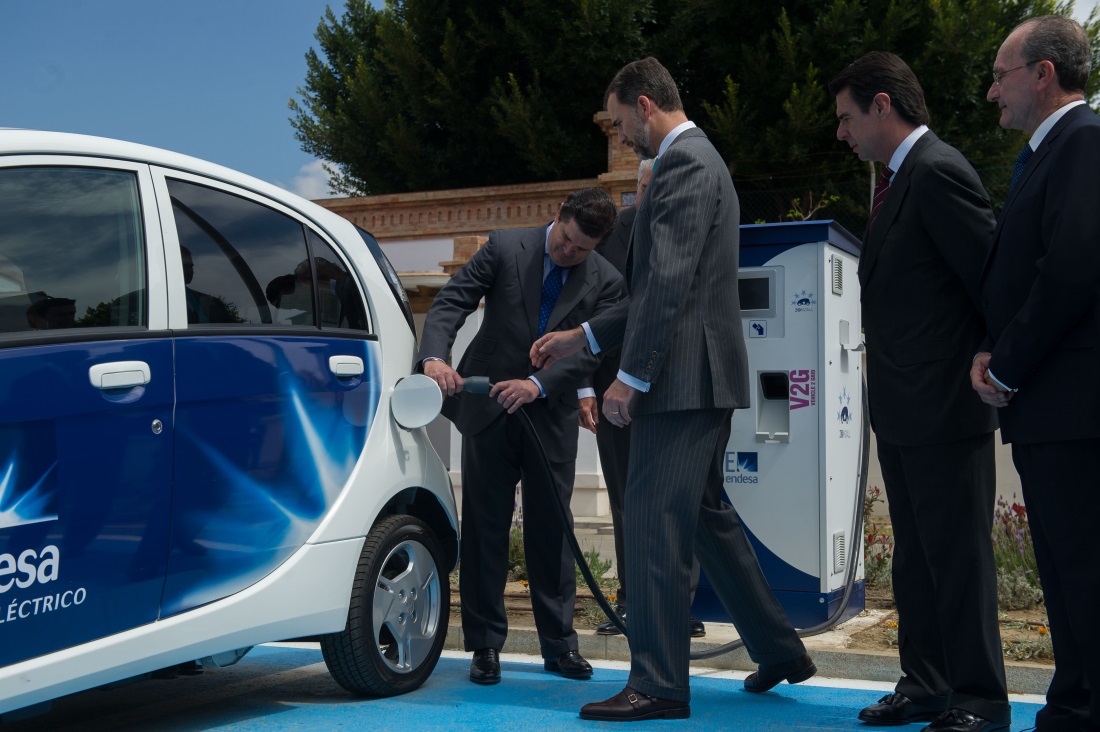
On 25th of April, Spanish crown prince Felipe inaugurated large-scale e-mobility project Zem2All in Malaga, Spain. With its €60 million budget, Zem2All plays an important role in turning the city into ‘Europe’s largest eco-efficient city initiative [aiming] to increase energy efficiency, reduce CO2 emissions and boost the use of renewable energy sources’ (Source: ENDESA). CHAdeMO compatible EVs and chargers play an important role in this large-scale project, making Malaga the biggest infrastructure of fast chargers in Spain with a total of 29 CHAdeMO units installed.
Cooperation between New Energy and Industrial Technology Development Organization (NEDO) of Japan and Centre for Industrial Technological Development (CDTi) of the Spanish government, this project will bring about installation of 29 CHAdeMO fast charging stations in 9 locations in the city and surroundings. They will contribute to the total network of 229 EV chargers in Malaga, for use of project’s 200 CHAdeMO-compatible EVs.
Zem2All employs ICT for smart management of energy and charging infrastructure which will provide real-time navigation information to EV drivers. The diverse, individual and corporate project participants that will drive 160 Mitsubishi iMiEVs and 40 Nissan LEAFs will be providing data for a variety of EV-usage patterns. Driving and charging information will be collected and analysed through a control centre developed by ENDESA to provide an insight into the interactions of EV-users with their cars and the charging network, as well as e-mobility’s impact on the energy provision.
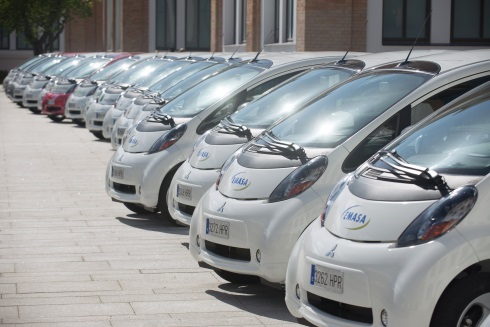
Vehicle-to-Grid technology, an important part of renewable energy production and e-mobility, will be tested in real life thanks to CHAdeMO EVs equipped with a V2G system and ENDESA’s 6 bi-directional CHAdeMO facilities. The technology will enable car batteries to store the surplus energy produced intermittently by renewable sources and give it away at the moment of peak demand relaxing the burden on the grid. This will be the world’s biggest V2G technology pilot, providing us with data based on real-life scenarios. The data and experiences collected over four years of Zem2All will demonstrate the potential of e-mobility to reduce CO2 emissions and provide crucial insights on the large scale uptake of electric vehicles.
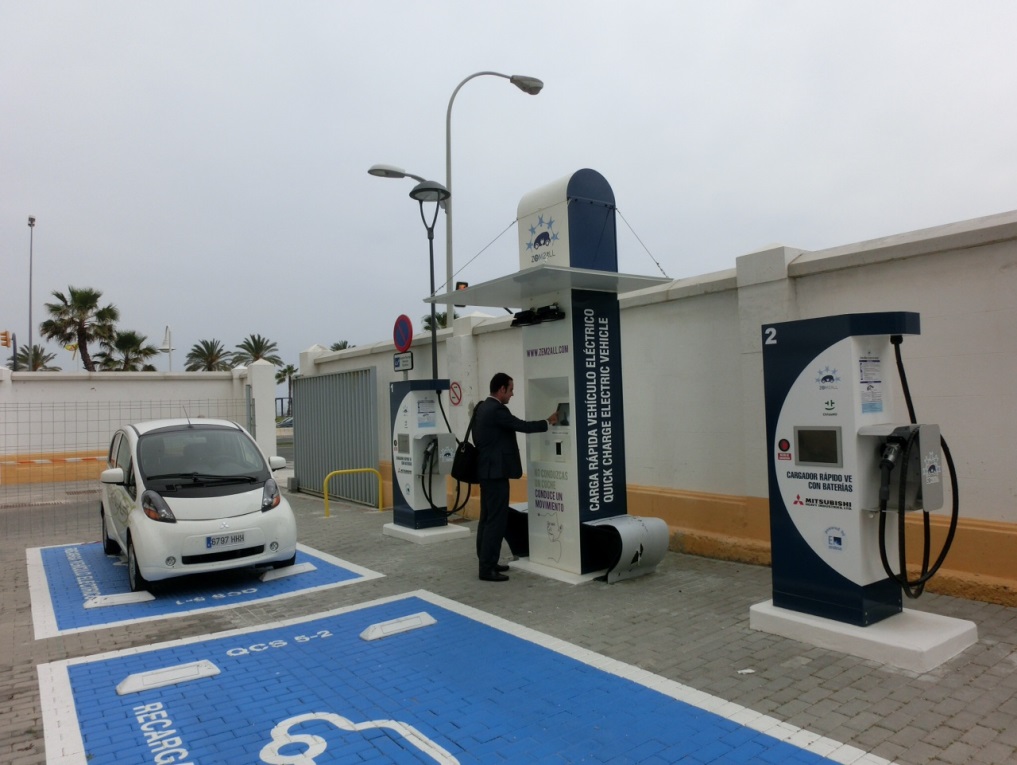
The initiative is spearheaded by Endesa in Spain, where it also involves Telefónica and Ayesa, while Mitsubishi Heavy Industries leads the Japanese side of the project alongside partners that include Mitsubishi Corporation and Hitachi. The project is also backed by NEDO* and the CDTi (co-financed by the Technology Fund)* and has the collaboration of Malaga City Council.
Jorge Sanchez-Cifuentes, Deputy Director, Technology and Innovation of Endesa says “Zem2all has wide and ambitious objectives considering quick charging, with three companies developing and testing their technology for quick charging using Chademo protocol. We are excited to lead this large-scale project and look forward to the abundant data we expect to gather through this project.”
http://www.nedo.go.jp/content/100491620.pdf (Joint press release by NEDO and CDTi)
http://www.endesa.com/en/saladeprensa/noticias/Prince-Asturias-inaugurates-ZEM2ALL (Endesa)

